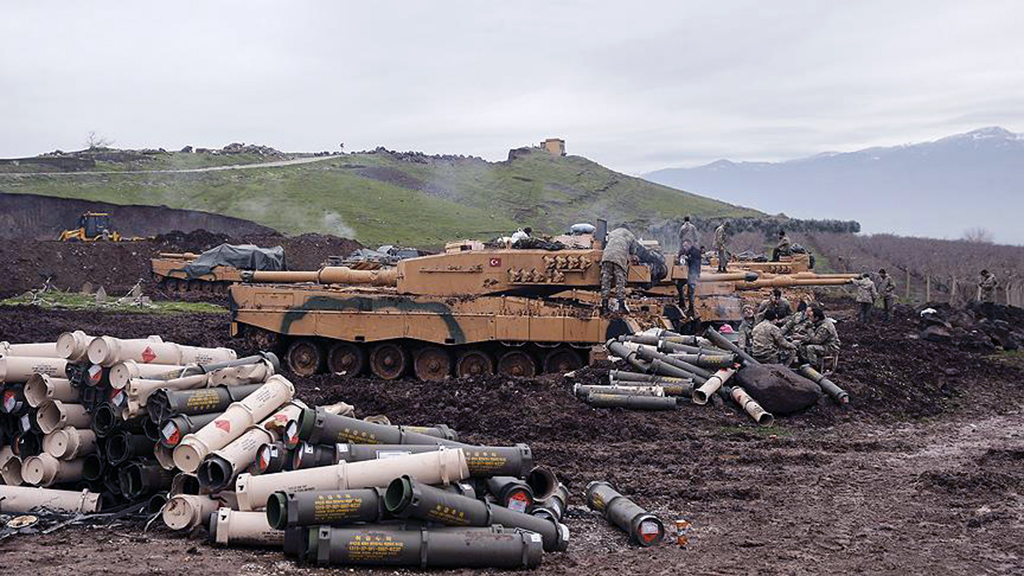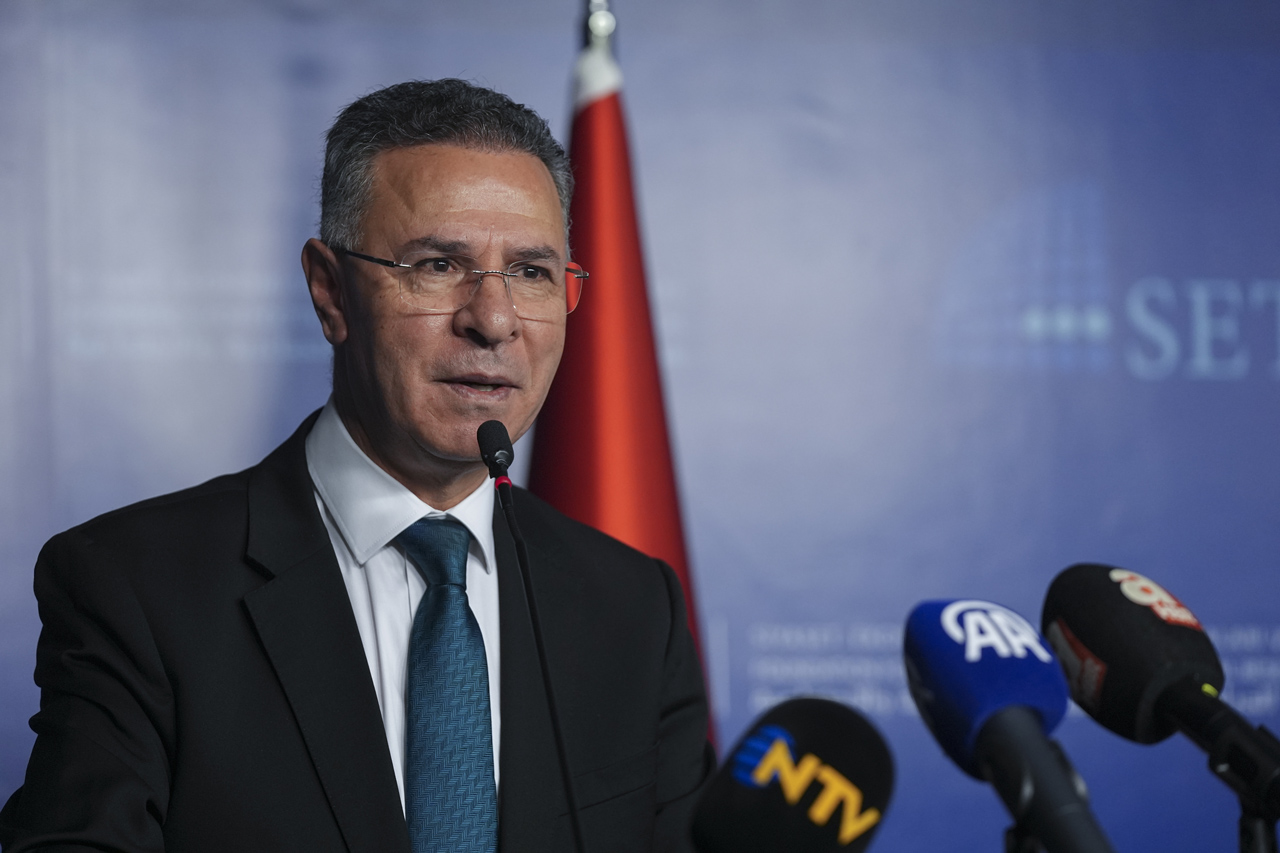
The Operation Olive Branch and the US Policy in Syria
What are the policy divergences between Turkey and the US in Syria? What is the US policy to stabilize Syria after the demise of ISIS? How will the Afrin operation influence US-Turkey relations?
In a speech on the US Syria policy, Secretary of State Rex W. Tillerson explained that the continued American military presence on the ground would push back against Iran strengthening its position in Syria. The concern with Iranian presence in Syria and the need to prevent an ISIS comeback appear to constitute the new rationale for US troop presence in northern Syria. It, more importantly, represents a shift in US policy from counterterrorism to counterbalancing Iran. This new strategy, if it in fact materializes as such, would identify Syria as a battleground in the US efforts to confront and rollback Iran’s “malign influence” in the region. Tillerson also underlined the need to be on the ground to have influence in the resolution of the Syrian conflict. The primary justification seems to be countering Iran in Syria, however, it remains unclear what specific steps the US will be willing to take against Iranian interests in Syria. It may contend itself with stay ing in Syria to avoid creating a vacuum to be filled by Iran or Russia. However, in the long run, this might prove to be an elusive goal. If the US tries to accomplish multiple strategic goals simultaneously, it will find it difficult to reconcile and prioritize them, when they come into conflict with each other. For instance, to ensure the non-return of ISIS, the US appears to be relying on the YPG, which Turkey considers a direct national security threat. The new US strategy on Syria, if it is implemented as the Secretary of State has explained, could have been welcomed by Turkey if it didn’t rely on supporting the PKK’s Syrian branch, YPG. Turkey has not opposed the US military presence on the ground...
Tags »
Related Articles








